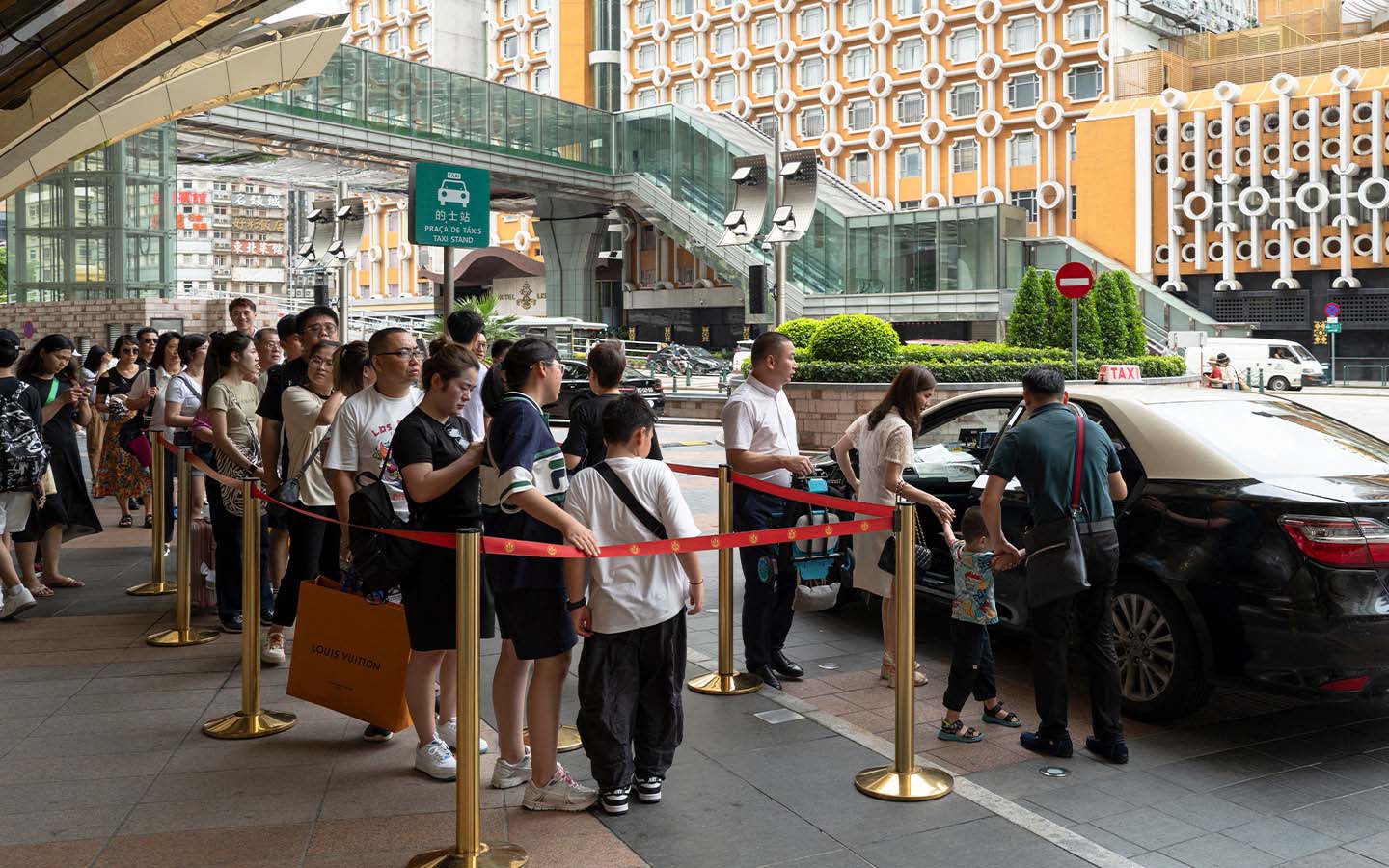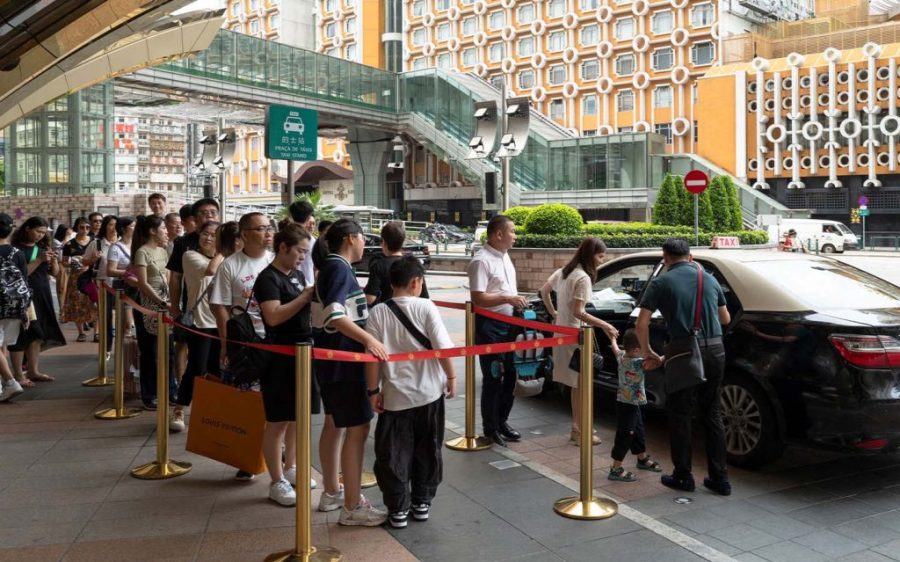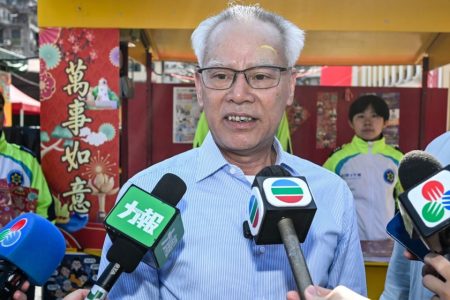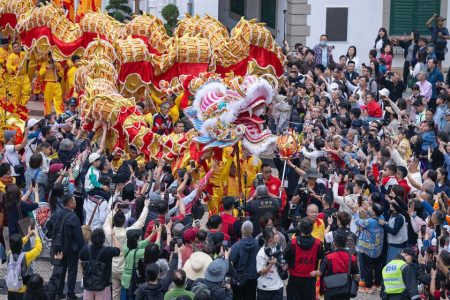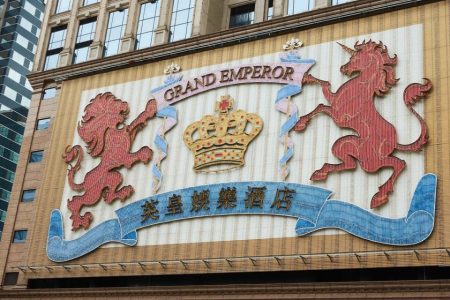All but three of Macao’s lawmakers have refused to even debate the pros and cons of reinstating ride-hailing services in the city, the Macau Daily Times reported. Lawmaker Ron Lam proposed the debate at a recent meeting of the Legislative Assembly, and was backed by pro-democracy lawmakers José Pereira Coutinho and Che Sai Wang.
Lam has argued that services like Uber and DiDi would benefit residents and tourists frustrated by the SAR’s acute taxi shortage. However, naysayers at the 33-member Legislative Assembly meeting slammed his proposed debate as “unnecessary”, “time-consuming” and anti-public transport.
Lawmaker Iau Teng Piu claimed that allowing ride-hailing companies back into Macao would lead to more traffic on the city’s already congested roads. He warned that too many people could be tempted to turn their private vehicles into taxis in order to make money, which is how ride-hailing (also known as ride-sharing) works.
[See more: Opinion: Macao can forget about being an international destination until it fixes its taxi problem]
Iau also described the practice as contradictory to the government’s promotion of public transport options, including the underused Light Rapid Transit (LRT).
Other lawmakers pointed to recent efforts by the government to improve Macao’s existing taxi system and increase its fleet. They said they favoured improving online platforms that manage existing cabs.
In Macao, people can use the MaasPlus app to summon so-called radio taxis, but it’s considered a somewhat convoluted process and drivers generally prefer responding to phone calls.
[See more: A Hengqin-Macao ride-hailing app could be a game-changer]
Lawmaker José Pereira Coutinho, however, countered arguments against debating the issue by saying it made “no sense” for Macao to ban ride-hailing services when they were routinely used in both Hong Kong and on the mainland.
Pereira Coutinho urged his fellow lawmakers to at least listen to other points of view. “A debate is always an opportunity to learn more on a particular topic and to share valuable ideas,” he said.
Nevertheless, the majority veto means ride-hailing platforms are highly unlikely to return any time soon. While Uber did launch in Macao in 2015, it suspended its services in July 2017 after a drawn-out battle with red tape. Macao’s taxi lobby is predictably vehemently against the re-introduction of ride-hailing apps, which they claim would jeopardise cabbies’ livelihoods.
